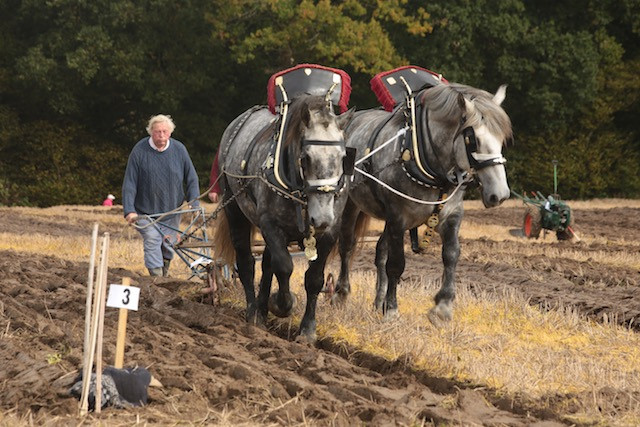Within the next few decades, working-age adults will need to support double the number of elderly people than they do now, putting immense pressure on welfare systems and wiping out as much as 3% of potential economic output by 2050, the IMF said in its latest World Economic Outlook report.
The Fund’s comments come as the number of migrant workers arriving in Britain from Europe is already in sharp decline following the Brexit vote almost two years ago, and as populist parties in many western countries push their governments to curb immigration.
The analytical chapters of its report, published on Monday, said: “Dramatic shifts in demographic structure projected in advanced economies could overwhelm the ability of policies to offset the forces of ageing.
“[This] underscores the need to rethink migration policies to boost labor supply in advanced economies.”
Without government intervention, the IMF said the current labour force participation rate, which estimates the number of people eligible for work who are in employment, could fall by as much as 5.5% on average across advanced economies over the next 30 years.
Net annual migration of EU nationals to Britain fell by 75,000 in the year to September, according to the latest figures from the Office for National Statistics, hitting the lowest level for five years. Company bosses have raised growing concerns about labour shortages as a result.
Without more doctors and nurses from abroad, there are also fears that the NHS could increasingly struggle to cope with the rising demands posed by an ageing population.
The government’s own economic forecaster, the Office for Budget Responsibility, estimates healthcare spending in the UK will need to almost double from 6.9% of GDP in the early 2020s to 12.6% by the mid-2060s because of the demographic shift.
The Resolution Foundation thinktank estimates the public purse will be out of pocket by about £160bn by the mid-2060s as the number of people over 65 grows by almost a third, while the working age population is expected to only increase by about 2%.
The IMF said governments could attempt to counter the demographic timebomb through better policies to help people balance family life with work. It also called for more investment in education to get people into work and boost their chances of staying in a job longer.
There have been steady increases in the number of women entering the workforce in recent decades, as shifting cultural norms and government policies encourage them to stay in work after childbirth and for longer into their careers. The IMF said for the median advanced economy, the female labour force participation rate had increased by close to 10% since 1985.
It said, however, that more women and older workers alone may not be enough for economies to solve the problem. It said labour market participation would still eventually decline even if gender gaps are fully closed, and that it was also likely to remain below current levels even if more older people stay in work for longer.
“Unless technology delivers offsetting productivity gains, these findings highlight the need for many advanced economies to rethink immigration policies to boost their labor supply, alongside policies to encourage older workers to postpone retirement,” it said.
Richard Partington
